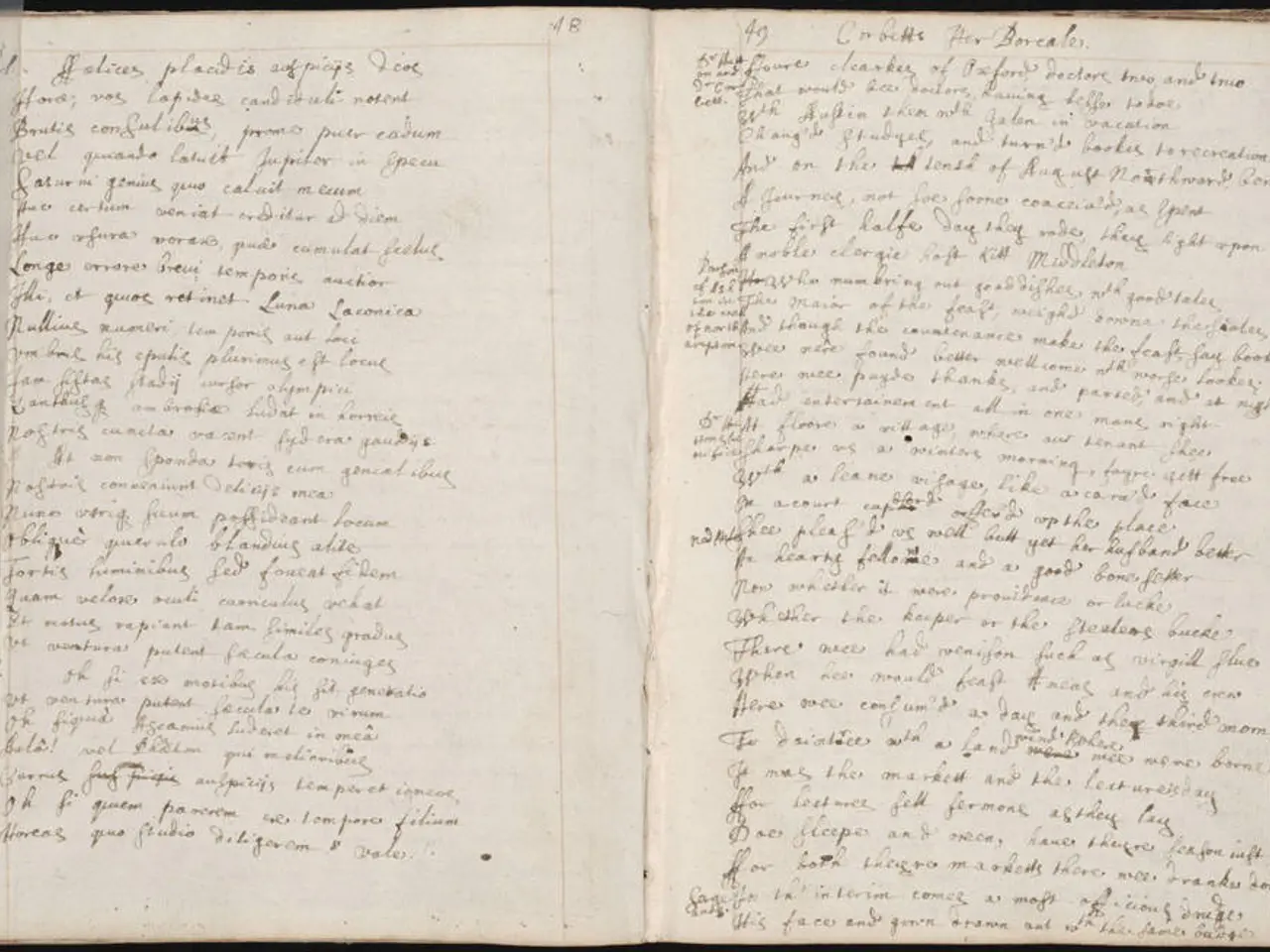Detailed Instructions for the International Baccalaureate (IB) Individual Oral Presentation (IO) in the Subject Areas of Language, Literature, and Literature
The Individual Oral (IO) is a crucial component of the IB Language and Literature and Literature courses, accounting for 30% of the final grade for Higher Level (HL) and 20% for Standard Level (SL). To effectively prepare and excel in this assessment, focus on four main areas: text selection, global issue identification, analysis, and oral presentation structure.
Text Selection
Choose two meaningful extracts, connected by a common global issue. In Language & Literature, select one literary extract and one non-literary text. For Literature, opt for two literary extracts (one can be in translation). The chosen extracts should be rich in content, suitable for detailed analysis of language, style, structure, and themes. Selecting texts that clearly demonstrate the chosen global issue will provide strong material for your argument.
Global Issue Identification
Pick a relevant, focused, and debatable global issue that relates to both extracts. Examples include representation of gender roles, power and inequality, identity and marginalization, or cultural perspectives. The global issue is your anchor throughout the IO—it links your analyses and maintains thematic coherence. Be able to clearly explain the significance of this global issue and how it connects the two texts.
Analytical Approach
Conduct detailed textual analysis of each extract, examining tone, structure, stylistic devices, characterization, narrative voice, and relevant literary techniques. Go beyond surface meaning to interpret how these features contribute to the global issue. Develop a clear thesis or line of argument that ties both extracts together through the global issue. Be prepared to answer questions linking your analysis back to the global issue, showing depth and original insight.
Oral Presentation Structure
Follow IB’s recommended structure:
- Introduction (approx. 1-2 minutes): Introduce the two extracts, the global issue, and your central thesis or line of argument.
- Body (approx. 6-7 minutes): Discuss each extract in turn, analyzing key features and linking them explicitly to the global issue. Maintain clear topic focus and coherence.
- Conclusion (approx. 1 minute): Summarize how your analysis of both texts sheds light on the global issue and reinforces your argument.
Practice timed presentations and mock IOs to improve fluency, clarity, and confidence. During Q&A, consistently link answers back to the global issue to demonstrate thorough understanding and cohesion.
Additional tips:
- Use brief notes or an outline to organize your ideas during preparation.
- Memorize key textual points but avoid rote recitation; aim for natural, engaging delivery.
- Align your preparation with IB assessment criteria for textual knowledge, understanding of global issues, and communication skills.
By carefully selecting connected extracts, clearly framing a relevant global issue, performing insightful textual analysis, and organizing your presentation effectively, you can deliver a clear, insightful, and high-scoring IB IO. Practicing and linking all points to your global issue throughout the oral will demonstrate original and critical engagement, which examiners value highly.
Remember to engage the examiner with a confident and dynamic delivery, avoid monotonous or unclear speech, and start your preparation well in advance to allow time for thorough analysis and practice. Mastering the IO can significantly boost an IB candidate's overall score. Time management is also crucial—ensure you stick to the time limits during the Individual Oral, and practice pacing your presentation to cover all points within the allotted time.
Seek feedback from teachers or peers to refine your analysis and delivery. Close reading, contextual understanding, and comparative analysis are key to preparing for the IO. In Literature, the focus is on analyzing two literary texts (one can be in translation), while in Language and Literature, the focus is on analyzing one literary text and one non-literary text. The IO presentation duration is 10 minutes, followed by 5 minutes of questions. Use appropriate literary terminology during the Individual Oral to demonstrate your understanding of the texts.
Lastly, use eye contact and vary your tone to keep the examiner engaged during the Individual Oral. Practice regularly, support your points during the Individual Oral with specific examples and quotations from the extracts, and ensure your global issue is specific enough to allow for focused analysis within the time limit. Avoid vague global issues, poor time management, and lack of engagement during the presentation. With careful preparation and practice, you can deliver a successful Individual Oral.
- In the process of preparing for the Individual Oral exam in IB Language and Literature and Literature, you can enhance your learning and self-development by engaging with a question bank focused on education-and-self-development, particularly those related to the IO structure, assessment criteria, and effective presentation techniques.
- When selecting connected extracts for analysis in the Individual Oral, remember to choose texts from both the education-and-self-development category (such as speeches or philosophical treatises) and the literature category (literary extracts, including those in translation), as this will provide a rich learning experience and facilitate a more comprehensive exploration of the chosen global issue.




